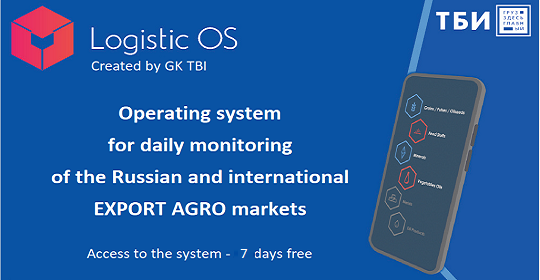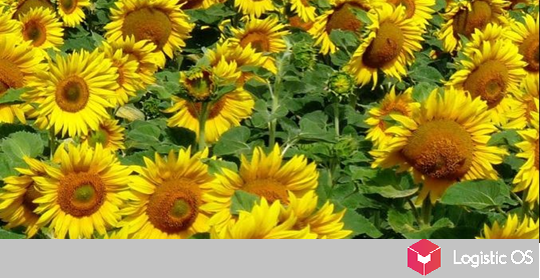According to experts, the Russian Federation has a chance to obtain a harvest volume this season that will be second only to the previous year’s values.
Despite all the sanctions and the departure of Western companies, 2022 became a year of record harvest for Russia, and the agricultural sector grew by 9%, which is a very good indicator.
The good results are largely explained by the fact that last year there were high prices for agricultural products in the world.
As for this year, the Ministry of Agriculture expects that Russian farmers will be able to harvest up to 140 million tons of grain, of which 90-92 million tons of wheat.
There are good forecasts for a number of other crops.
For example, for oilseeds, the Ministry of Agriculture expects about 26 million tons, including 14-16 million tons of sunflower. The sugar beet harvest is planned at 44-47 million tons, potatoes — 7.3 million tons, vegetables — 5.7 million tons.
At the same time, some experts believe that the Ministry of Agriculture is underestimating the actual volumes that can be collected.
For example, potato producers believe that this year’s harvest could be up to 8 million tons. And the problem is not only the difference in estimates, but also the fact that the harvested potatoes in this case will have nowhere to be stored, producers worry.
The Ministry of Agriculture reassures: there should be enough storage for potatoes; the maximum volume that can be loaded into them is significantly more than 8 million tons.
However, storage conditions raise questions. Only a small proportion of storage facilities meet conditions that allow yield losses to be maintained at less than 10%. Many of them lead to losses of 20-30%, and this is an extremely high value.
What will Russian exports be like in the new season?
So far it is ahead of schedule. As of September 30, exports amounted to about 31 billion dollars, and by the end of the year the Ministry of Agriculture expects about 42 billion.
However, low world prices are currently significantly reducing farmers’ profits.
Another problem that experts point out is that Russia in the agricultural sector focuses on the export of raw materials rather than processed products.
First of all, grain and frozen fish are exported.
But the export of flour, for example, is still not developed, so half of the flour mills in the country are idle. Meanwhile, the international flour market has largely been captured by Turkey, which also buys grain from Russia.
True, last year the Russian Federation exported a record amount of flour: 880 thousand tons.
However, in the future, nothing prevents it from reaching the level of 2-2.5 million, experts say.
This can be facilitated by protective duties on grain: it becomes unprofitable to export it, which contributes to the development of processing within the country.

